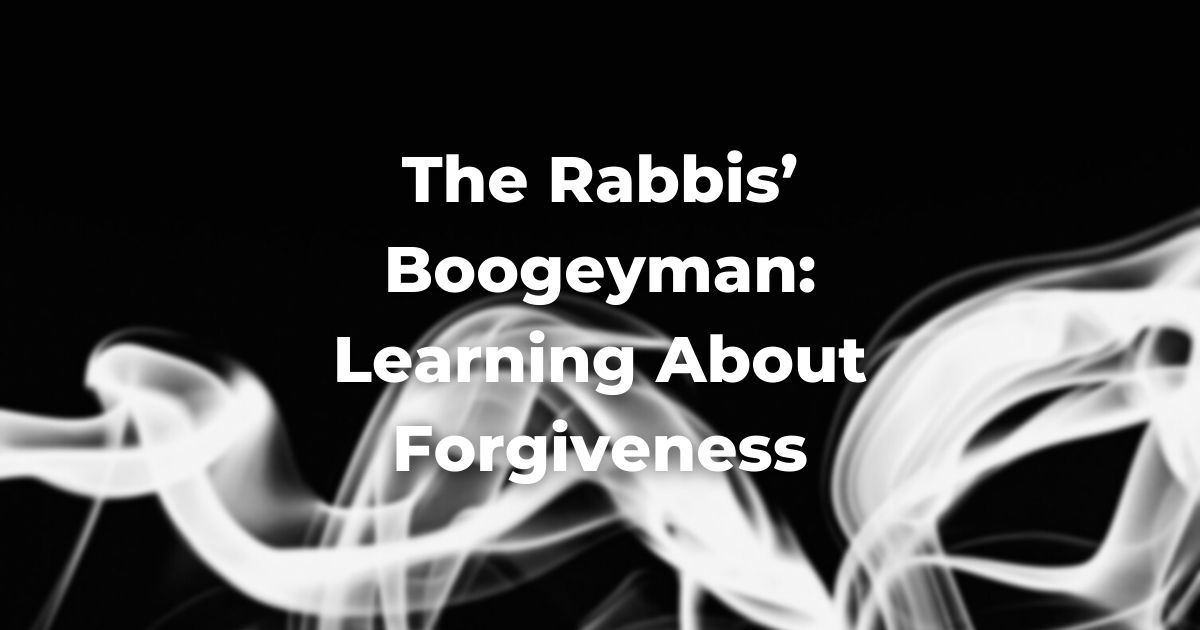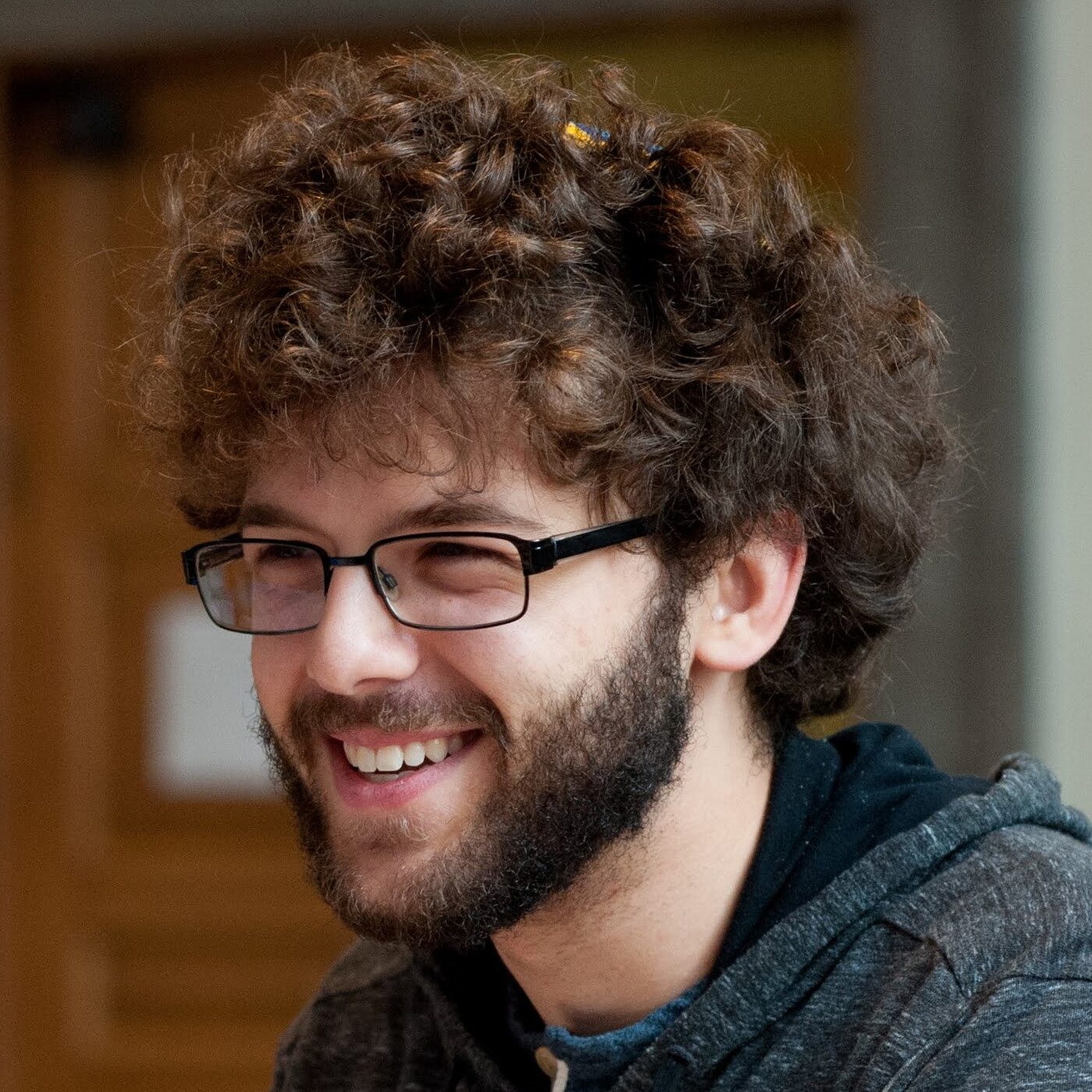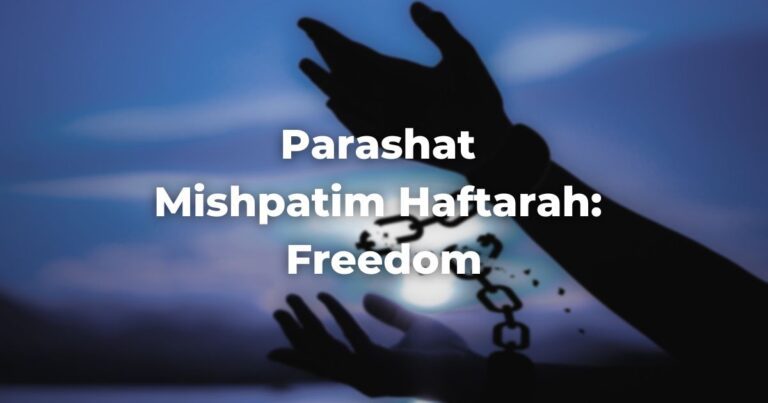This is an Esau appreciation drash.
Esau, our tradition’s favorite punching bag, is imagined by the Rabbis as a fool, a brute, a beast, biting at his brother, chasing him, kicking in the womb trying to get out to go do evil in the world. He is the boogeyman to the Rabbis.
It is not a surprise that the Rabbis hated him. Esau’s descendants are the Edomites, and the Edomites are associated with Rome, and the Rabbis were no fans of Rome.
But forget Rome, forget the Edomites, forget the biting midrashThis word is used in two ways, as both a concept and a literature. As a concept, midrash is the expansive interpretation of biblical texts. The term is used to describe the practice of rabbinic interpretation. As a text, it refers to specific collections of interpretations, particularly from the third to ninth centuries in the Land of Israel and Babylonia. Plural: Midrashim
Read more and the kicking. Look at him as he is. Esau the outdoorsman who forgot to pack enough food: Who came home and thanked G-d that his brother had kept the hearth warm and there was dinner cooking; who had felt a deep snarling hunger and yet still would ask rather than take; who assumed that his brother would happily take care of him; who was asked to trade the most valuable thing he owned for a bowl of soup; whose animal hunger was so intense he couldn’t think of anything but imminent death; who had his birthright taken from him under duress; whose own mother conspired against him; whose father was humiliated by a cruel trick of dimmed eyes and goat skin; who said, in one of our Torah’s most heart-breaking moments, don’t you have another blessing for me, Dad? Bless me too; whose cries were those of an animal because what was done to him was inhuman; who was betrayed.
When Jacob returns to Esau in our parsha, he is afraid.
He is afraid because he does not believe that his brother was capable of change.
Jacob has lived the last 20 years in a perpetual cycle of trickery and thievery and night-time abscondence. Everything he has was the result of his own subterfuge or that of his uncle. Jacob has not been able to move passed his past.
So when he returns to Esau in our parsha, he is afraid.
Our text uses two words for this fear. “וַיִּירָ֧א יַעֲקֹ֛ב מְאֹ֖ד וַיֵּ֣צֶר ל֑וֹ”
“And Yacov was very afraid and constricted,” Rashi tells us, because he believed that he would be killed or he would have to kill. He felt the walls closing in, the anticipated brutality of his brother drawing closer, a cruel confrontation which cannot be solved with cleverness. He sends wave after wave of gifts and offerings to his brother, bowing to him over and over again, trying to buy him again. Jacob has not changed, how could he expect his brother to? His foolish brother—who was furious with him, who threatened to kill him, who delayed his anger, who let his anger go, who let it go, who saw his brother after 20 years and kissed him—kissed him—who offered to walk at his brother’s halting pace, who told his brother that he didn’t need gifts to be appeased, who has enough, who forgave, whose face was like the face of G-d.
Who do you fear? Whose anger are you still afraid of? How many monsters have been maintained in your mind who no longer live in the world? How small are the people you imagine cannot stand you? How changeable are they, really? When you go to bed at night, worried about who you might see or be the next day, who is it you are really wrestling with? Them? Are you sure? Be careful not to shrink the moral world of others to your size. Be careful not to turn them into monsters because it is easier than forgiveness.
To forgive yourself is to allow and assume forgiveness is available to you.
To offer it to yourself is to practice offering it to others, who are expecting to kill or be killed, who think you will bite them—who need to see the face of G-d, who need you to kiss them.
This piece was written for the Sermon Slam at the Conservative Movement’s Convening in December of 2023, Shabbat Vayishlach. It is an Esau appreciation drash, written in a somewhat sermon-slam-type style.
Author
-

Alex Friedman (he/him) is a current JTS Rabbinical student, expecting to be ordained in Spring ’25 with an MA in Jewish Education from the Davidson School. A native of Austin, Texas, Alex has a love for TorahRefers to the first five books of the Hebrew Bible, the Tanakh, also called the Five Books of Moses, Pentateuch or the Hebrew equivalent, Humash. This is also called the Written Torah. The term may also refer to teachings that expound on Jewish tradition. Read more, liturgy, nusach, and niggunim. When he isn’t teaching himself a new niggun, Alex enjoys reading novels and collections of short stories, listening to podcasts, and cooking. Alex has worked as a rabbinic intern for three shuls, taught with Nativ and Brandeis Hillel, served as a student chaplain at The New Jewish Home, and created curricula on magic, midrash, and Queer Torah for Camp Ramah.
View all posts






